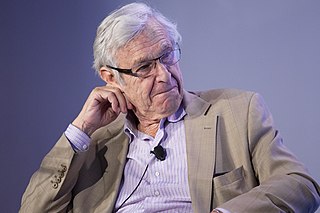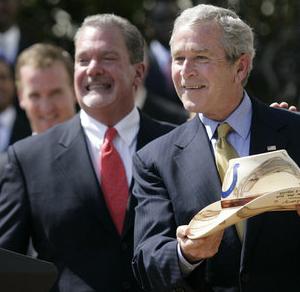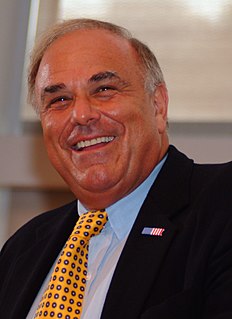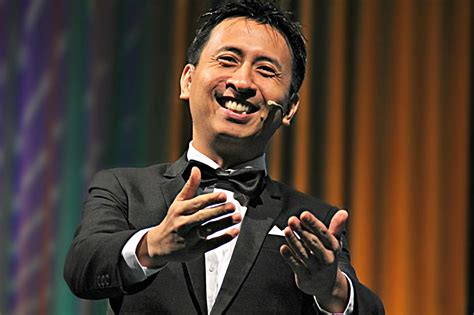A Quote by Alan Patricof
It's hard to make small investments when you're a billion-dollar fund.
Related Quotes
If you're going to be an investor, you're going to make some investments where you don't have all the experience you need. But if you keep trying to get a little better over time, you'll start to make investments that are virtually certain to have a good outcome. The keys are discipline, hard work, and practice. It's like playing golf - you have to work on it.
The insurance companies make about $15 billion a year. They have doubled their profit margin under Obamacare. And so now we're going to take a lot of this and call it a stabilization fund, but really it's a bailout of insurance companies. And I just think that's wrong. I just can't see why ordinary, average taxpayers would be giving money to very, very wealthy corporations. An analogous situation would be this: We all complain that new cars cost too much. Why don't we have a new car stabilization fund and give $130 billion to car companies?
Yet another hedge fund manager explained Icelandic banking to me this way: you have a dog, and I have a cat. We agree that each is worth a billion dollars. You sell me the dog for a billion, and I sell you the cat for a billion. Now we are no longer pet owners but Icelandic banks, with a billion dollars in new assets.
One of the things that I realize is that if you look at big business, I mean, they - and what they fund and what they do, they don't really - they don't fund the small non-profit community-based organizations that really are out there on the front lines helping people. They fund the big philanthropies. They're safe.
This sounds crazy, I know, but you can make a billion dollars - very few people do - but you can make a billion dollars on a product. It can be "Lion King," it can be "Simpsons," it can be "Family Guy," who knows what it is. Or you can make zero. But you can't make a billion dollars if you don't own it.


































